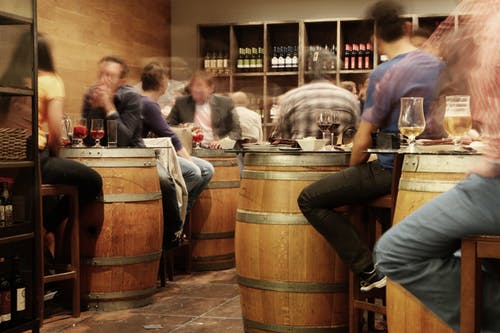
Relapse “refers to returning to the use of an addictive substance or behavior, such as cigarette smoking.” But what some people fail to understand is that relapse doesn’t just happen all of a sudden – for there is a certain set of stages that it follows before doing so. In turn, the build-up of repressed thoughts – or even one fateful occurrence – can cause a plethora of problems for a recovering addict, but relapse comes through two stages being; 1. emotional, and 2. mental.
First and foremost is emotional relapse which is where the person may begin to repress certain feelings or thoughts about something. One example of this is if the addict begins to find himself/herself feeling lonely – or depressed – and doesn’t think that anyone else will rightfully understand what he/she is going through. It is during this time that he/she may isolate himself/herself from the outside world – which can be a set up for relapse if he/she is not careful. That’s why it’s so important to express emotion in a healthy way – while in the recovery process – rather than to try and keep it contained.
Second is mental relapse – which can be very dangerous. When you are in this stage you begin to think about a variety of things – such as reusing the substance you’re addicted to, no matter whether it’s drugs, alcohol, or both. Not only that, but you’ll begin to war with your own conscious – as you try and overcome the old habit that comes back to mind. In turn, this stage houses a much greater consequence – because after it is where the actual relapse itself is soon to follow, in the form of the third stage being; physical relapse.
In conclusion, it’s important to have a sense of understanding in regard to these stages of relapse. In doing so, you are able to get the help you need – no matter whether you’re a new addict or one in recovery. Besides, when you have an idea of what relapse looks like in its early stages – of mental and emotional – you are more equipped to stop it before it reaches the later stages of physical. You don’t have to try and battle addiction on your own – or feel ashamed by your urges to relapse. In those moments remind yourself why you quit using in the first place; call a friend, preoccupy yourself, or other such things. You’ll be glad you did.




